

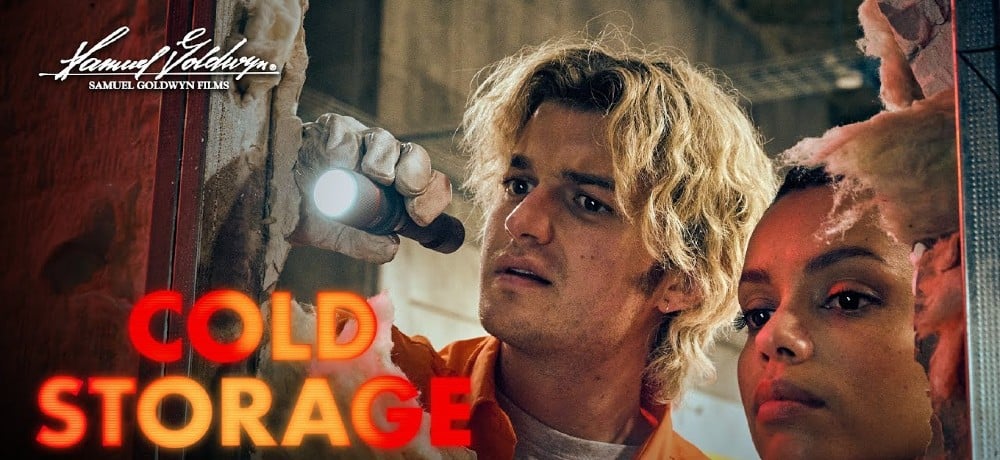
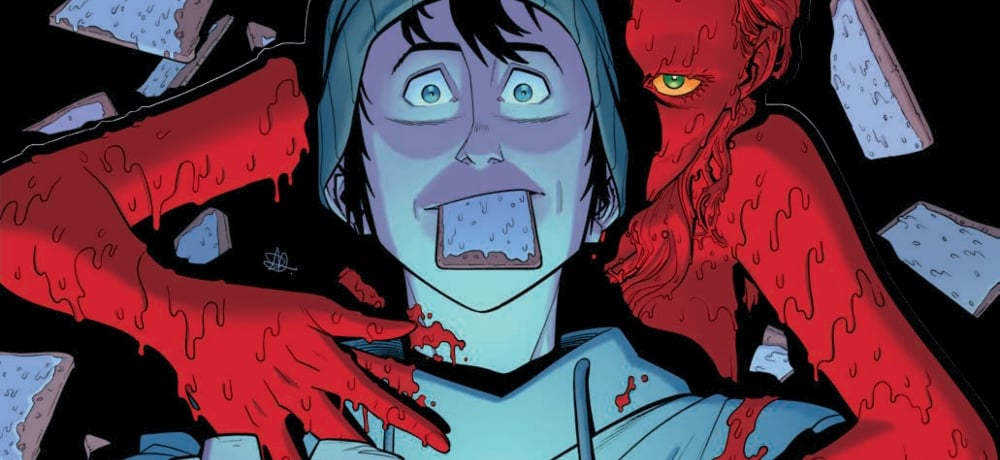
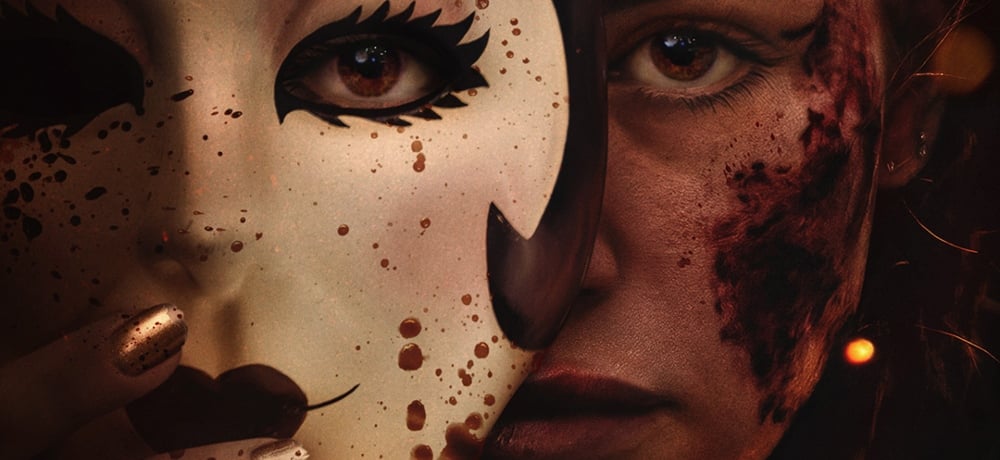
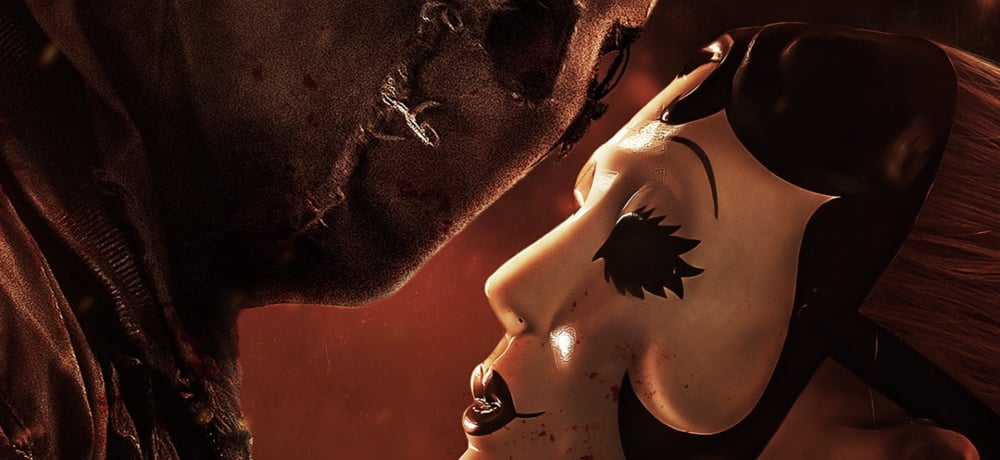
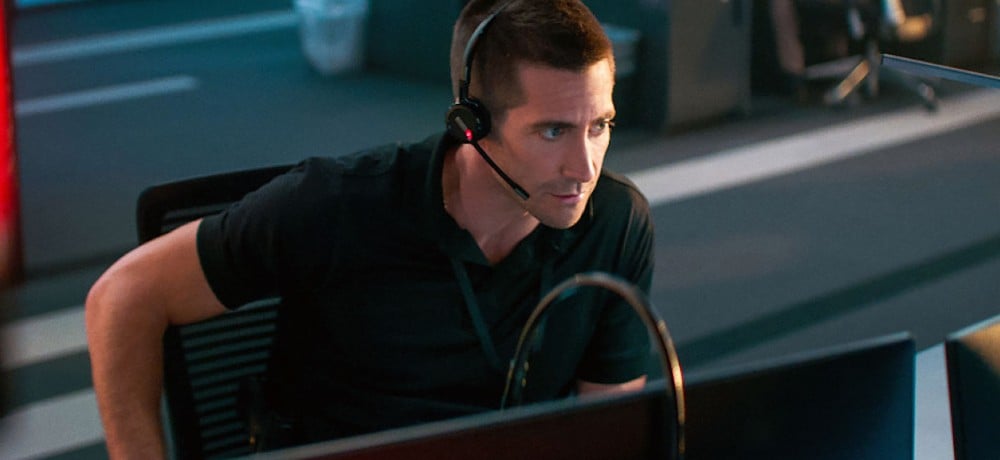
Certain jobs necessitate a wide range of energy and mental fortitude. Being a 911 dispatcher, for example, is undoubtedly one of the most emotionally and mentally draining jobs. The Guilty, Antoine Fuqua's new thriller, is a remake of the 2018 Danish thriller of the same name. It depicts a day in the life of Officer Joe Baylor, a 911 dispatcher who attempts to help a kidnapped woman. The film is filled with overwhelming anxiety and tension while also sparking a discussion about mental health and the lack of help available in some cases.
Nothing could have prepared Joe Baylor (Jake Gyllenhaal) for what was to come as he began his night shift in LA's 911 dispatch call center. He not only has to deal with the stress of his job, but he also struggles in his personal life and an upcoming court case. The gradually increasing tension begins when Joe answers a 911 call from a distressed woman, Emily Lighton (Riley Keough), who claims to have been kidnapped by her ex-husband (Peter Sarsgaard). Simultaneously, her two children, Oliver and Abby (Christiana Montoya), were left at home alone.
Joe goes above and beyond to find her and save the woman from the audibly angry man. He seeks assistance and involves his friend Rick (Eli Goree) and Sgt. Bill Miller (Ethan Hawke) in the investigation. The anxious plot and exhilarating, often emotional script twists and turns, revealing different puzzle pieces bit by bit. The finale of The Guilty is an unimaginable, shocking reveal that sparks further discussion about the mental health issue and the amount of help (or lack thereof) that goes into assisting the disadvantaged.
Even though the film was shot in a short time, Fuqua ensures that we feel every single moment of The Guilty. The tension is high as Joe assists those on the other end of the line and is frequently subjected to bad news from the other end. His character also highlights the frustration of working as a 911 dispatcher. You can only do so much before others take over, and you often don't know what happened in the end.
The most incredible aspect of this film is that only Gyllenhaal appears on the screen, working hard to free Emily from her dangerous ex-husband. Meanwhile, the audience can only hear other actors portraying all the supporting characters. One of the most difficult tasks is, undoubtedly, "playing" with voice. That is where Nic Pizzolatto's screenplay shines. The cast does an outstanding job in tandem with the solid, often touching script. The most difficult challenge is Emily's role. She not only creates an atmosphere of fear, overwhelming anxiety, and empathy, but she also causes tears. In this role, Keough is unconditionally brilliant and, at times, even outperforms Gyllenhaal, who is both heard and seen on screen. The actress delivers a stimulating, superb performance that wakes many different feelings.
Furthermore, The Guilty is a social commentary on the state of mental health care in the United States. Through its characters and situations presented in a highly dramatic thought-provoking setting, this thriller may encourage an important conversation about the matter.
Without a doubt, the presence of the children involved contributes to the film's overall anxious and stressful atmosphere. When Joe finally reaches Abby, Emily's 6-year-old daughter, one particular scene grips the audience's heart. While we experience everything leading up to the story's climax, all of our emotions bubble to the surface. The ending of The Guilty is possibly the most moving part of the film. "Broken people save broken people," one of the characters in the movie says, and the sentence reverberates all around us as we watch the thriller's final scenes.
The Guilty is a film about a variety of topics. It's a tense thriller, but it's also a film about the titular guilt and a mental health issue that needs to be addressed more openly. It contains numerous twists and turns that thoroughly shock the audience and lead to a satisfying conclusion.
Movie Score: 5/5